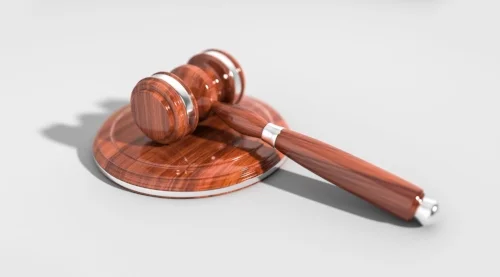What Happens to my Pet if I Divorce or Separate in Nova Scotia?
/In Nova Scotia animals are legally considered property. This may seem bizarre, as our furry friends have little in common with a lamp or table. There are some areas of Canadian law that treat animals more like living things. For example, the Criminal Code of Canada provides specific crimes for cruelty to animals and provides protections for police service animals, but for any other matters focusing on pets your Province’s personal property law will apply.
Read More
























